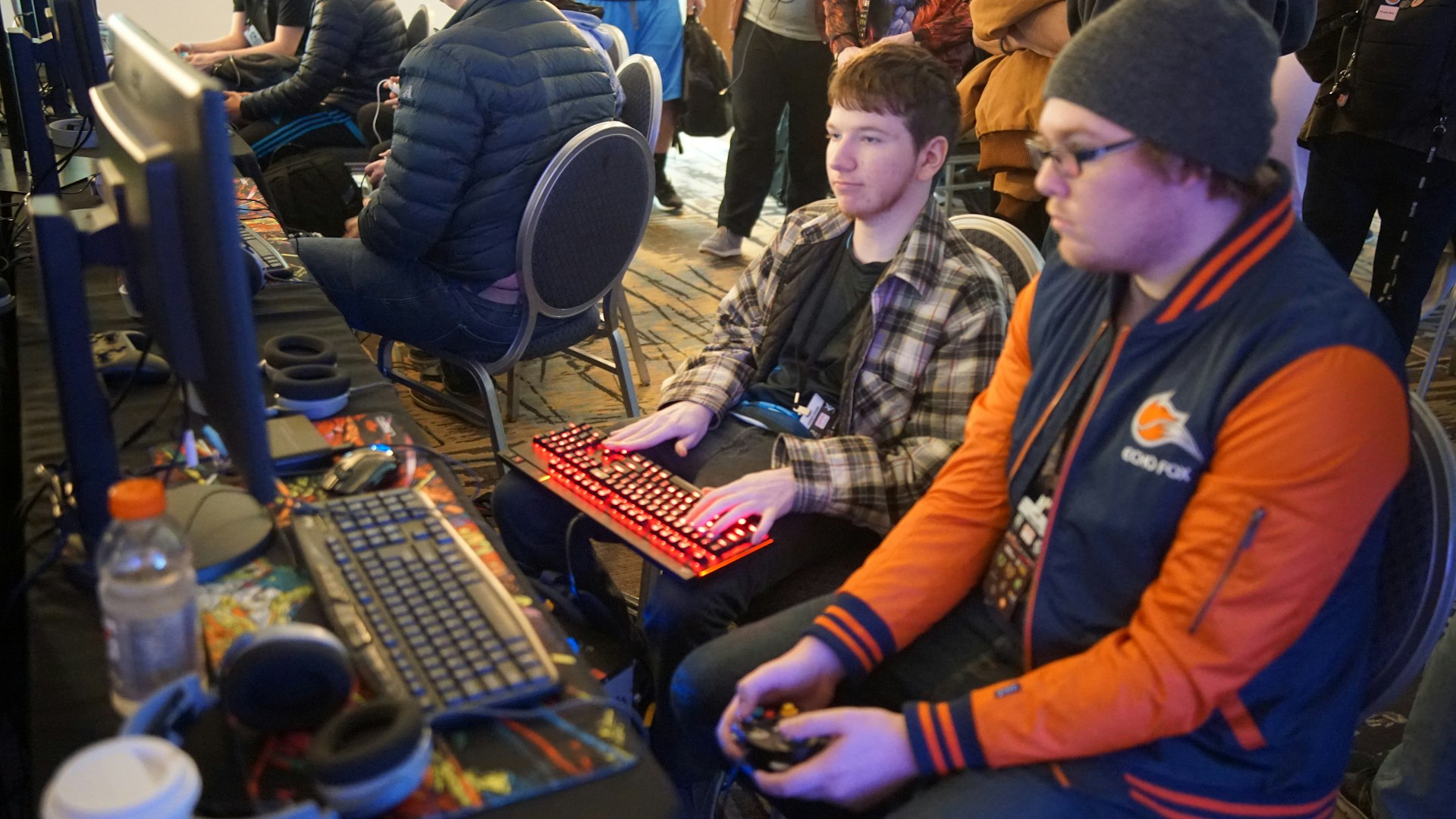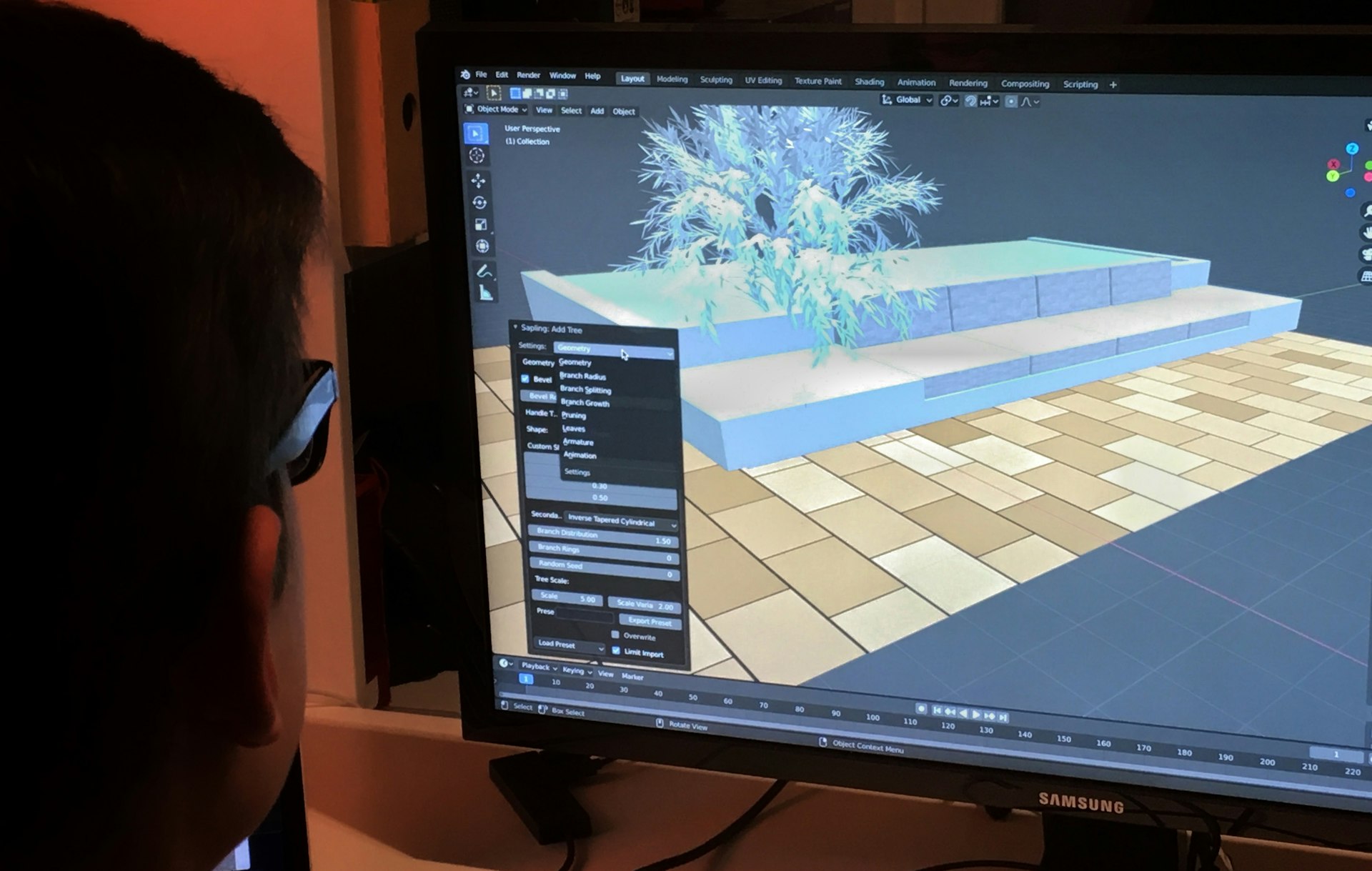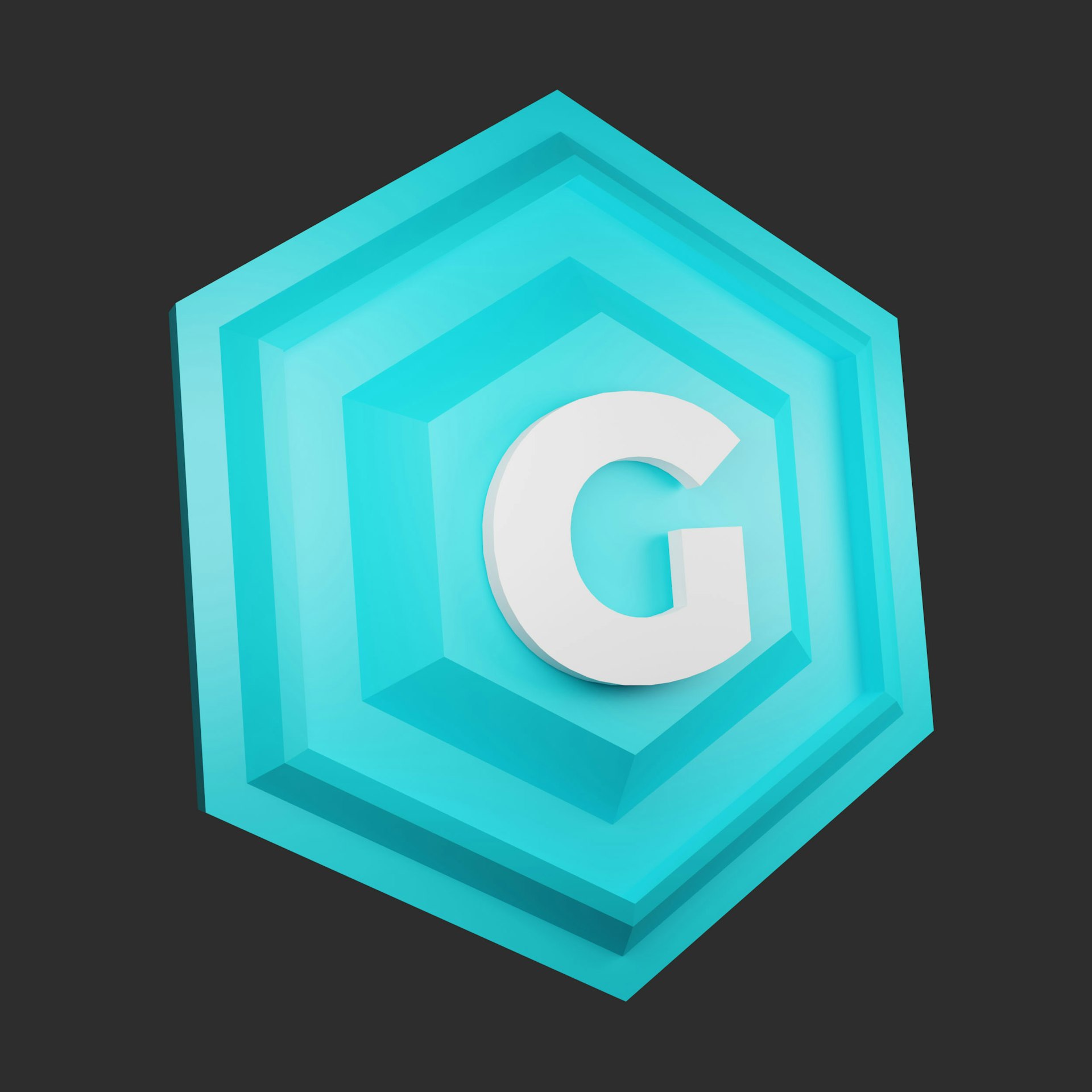Integrating the Future: How Gaming Ecosystems Are Evolving in 2025

Photo by Pramod Tiwari on Unsplash
The Evolving Landscape of Gaming Ecosystems
Gaming ecosystems are undergoing rapid transformation as new technologies, player expectations, and business models converge. Integration across platforms, devices, and experiences is no longer a distant promise-it’s a core feature shaping the industry in 2025. For developers, publishers, and players alike, understanding this integration is crucial to making the most of emerging opportunities.
Cloud Gaming: Accessibility Without Boundaries
Cloud gaming represents one of the most significant shifts in the ecosystem. By leveraging powerful remote servers, cloud services allow players to enjoy high-quality games on low-end devices, such as budget smartphones and entry-level laptops. Major platforms like Xbox Cloud Gaming, NVIDIA GeForce Now, and Amazon Luna have brought console-quality gaming to a broader audience, reducing the barrier to entry and enabling new forms of cross-platform gameplay. The sector’s global revenue is projected to reach $10.5 billion in 2025, with continued growth expected as internet infrastructure improves [1] [3] .
To access these services, players can sign up through their chosen cloud gaming provider’s official website. For instance, Microsoft’s Xbox Cloud Gaming is available through the Xbox Game Pass Ultimate subscription, which can be purchased after creating an account on the official Xbox website. Always verify your internet speed and compatibility requirements before subscribing.
AI and Automation: Enhancing Development and Player Experience
Artificial intelligence is now integral to both game development and gameplay experience. Generative AI tools are used by roughly one in three developers for creating art, dialogue, and level designs, allowing smaller teams to produce content at a scale previously reserved for major studios. This not only accelerates development but also enables dynamic, personalized experiences for players [1] .
For players, AI-driven systems offer adaptive difficulty, smarter non-playable characters, and more immersive storytelling. Developers interested in integrating AI can explore proprietary tools from industry leaders or consider established AI middleware solutions. However, ethical guidelines and transparency policies are increasingly being adopted to address concerns around AI-generated content and its impact on creativity.
Blockchain, Web3, and Digital Ownership
While blockchain integration is still niche, it’s gaining traction through Web3 gaming and the play-to-earn model. Players can now earn tokens by participating in games, own unique digital assets (such as skins or characters), and even influence game development through decentralized governance. These innovations are creating new economic opportunities for both players and creators, as well as redefining what it means to participate in a gaming community [2] .
To get started with Web3 games, players should first set up a secure digital wallet compatible with blockchain gaming platforms. It’s important to research each game’s economic model, tokenomics, and community guidelines thoroughly. Due to the complexity and evolving regulations around digital assets, consider consulting industry forums or official blockchain gaming organizations for support and best practices.
Cross-Platform Experiences and Ecosystem Convergence
The line between consoles, PCs, and mobile devices is blurring. Major franchises are releasing titles across all major platforms, and many games now support cross-play, allowing friends to play together regardless of device. This convergence is reinforced by cloud gaming and unified player accounts that sync progress, inventory, and achievements [1] [3] . To take advantage, players should create unified accounts with major platforms (such as PlayStation Network, Xbox Live, or Steam) and link them where possible. Always check official game documentation or support pages for guidance on cross-play compatibility.
Live-Service Models and Community Engagement
Live-service games dominate revenue streams for AAA publishers in 2025. Titles like Destiny 2 and Call of Duty: Warzone continuously update with seasonal content, new modes, and community events, keeping players engaged over the long term. This model supports ongoing monetization through subscriptions, battle passes, and virtual goods rather than relying solely on upfront purchases [3] .
Players interested in participating in live-service ecosystems should regularly check official in-game news, join community forums, and consider following the game’s social media channels for updates on the latest events and offers. Engaging with these communities can unlock exclusive rewards and foster deeper connections with other players.
Esports and the Rise of Mobile-First Ecosystems
Esports is now integrated with mainstream sports culture, with collaborations between leagues like the NBA 2K League and traditional franchises. Mobile devices have become the primary way fans watch and participate in esports, reflecting broader trends in digital consumption. Platforms such as YouTube and Instagram remain the top choices for esports content [4] .
For aspiring esports participants or fans, start by searching for local or online tournaments using established platforms such as ESL or official league websites. To watch, follow verified esports organization channels on YouTube or join official Discord communities to connect with other fans and stay updated on upcoming events.
Inclusivity, Accessibility, and Community Building
Modern game development increasingly prioritizes accessibility and inclusion. Studios are working to make their games playable by a wider range of people, including those with disabilities, and to reflect diverse identities in their narratives. Many companies use targeted player surveys, such as Net Promoter Score (NPS), to measure satisfaction and adapt their games accordingly [5] .
If you require accessibility features, search for games with official accessibility documentation or visit the developer’s support page. Community initiatives, such as player forums and advocacy groups, offer additional guidance and support for inclusive gaming experiences.
Getting Started: Practical Steps and Resources
For players and developers looking to engage with the future of integrated gaming ecosystems, consider the following steps:
- Research cloud gaming providers and compare subscription models for your region.
- Set up unified gaming accounts across major platforms to enable cross-play and cross-progression.
- Explore official resources for blockchain-based games, and consider joining their community channels for updates on opportunities and best practices.
- If you’re interested in esports, follow established tournament organizers and official league websites for participation or viewership opportunities.
- Seek out games and platforms with official accessibility features if required, and participate in community forums for additional support.
Always confirm the legitimacy of new services and platforms by checking for official press releases, reading user reviews, and consulting industry news from trusted sources.
Key Takeaways
The integration of gaming ecosystems is redefining how games are made, played, and experienced. Cloud gaming, AI-driven development, cross-platform play, blockchain economies, mobile-first esports, and inclusive design are all converging to create a more accessible, dynamic, and immersive industry. To maximize the benefits of these changes, stay informed about new developments, prioritize security and community engagement, and leverage official channels for the latest opportunities.

Photo by ThisisEngineering on Unsplash
References
- [1] N-iX Game Studio (2025). The Gaming Industry Trends.
- [2] Outer Edge (2025). Top Web3 Gaming and Entertainment Trends to Watch in 2025.
- [3] Antier Solutions (2025). Top 7 Gaming Development Trends That Will Define the U.S. Market in 2025.
- [4] GWI (2025). Top Esports Trends for 2025.
- [5] Forvis Mazars (2025). Growth Trends & Risks Within the Gaming Industry.
MORE FROM zestpath.net













